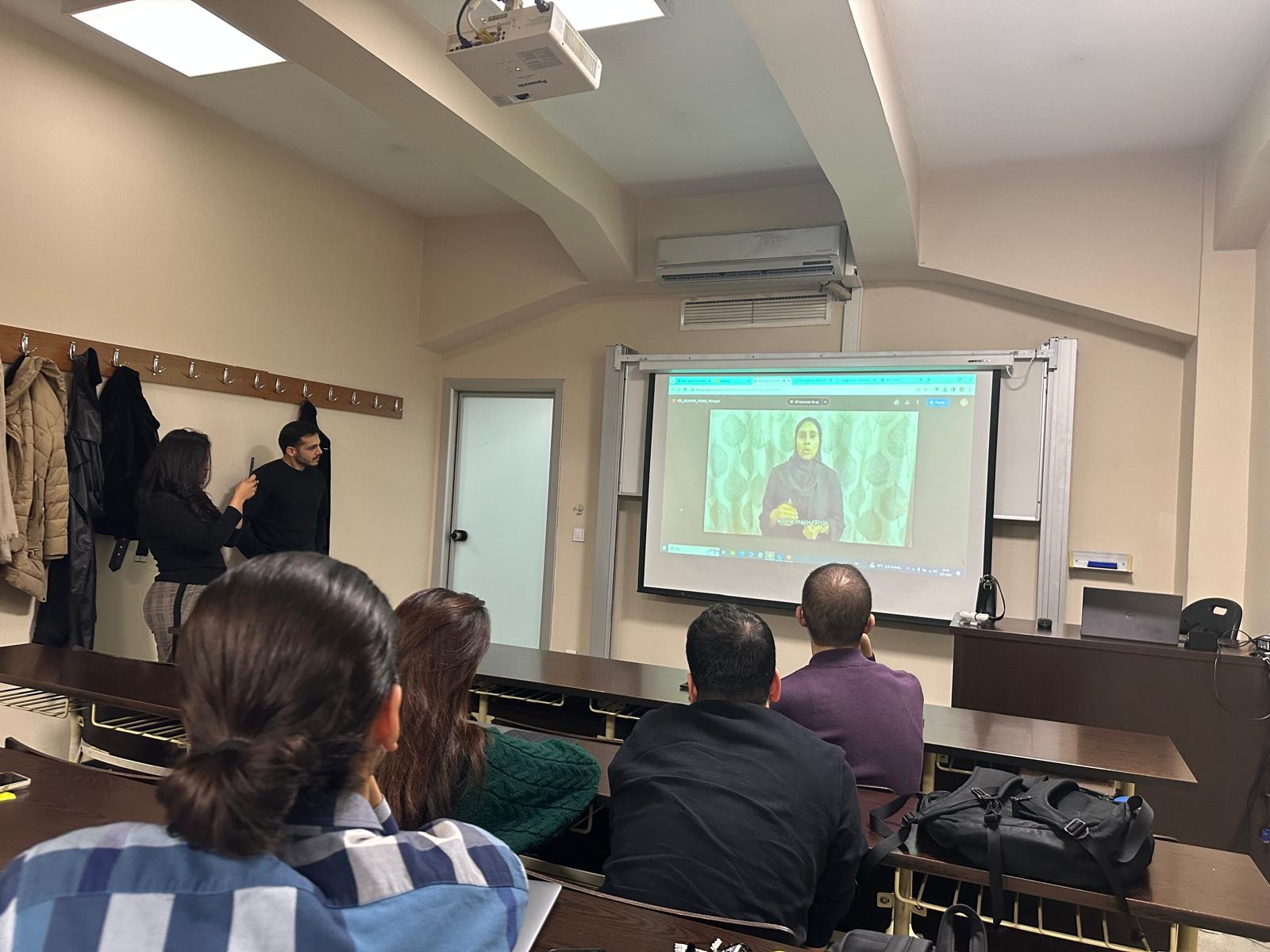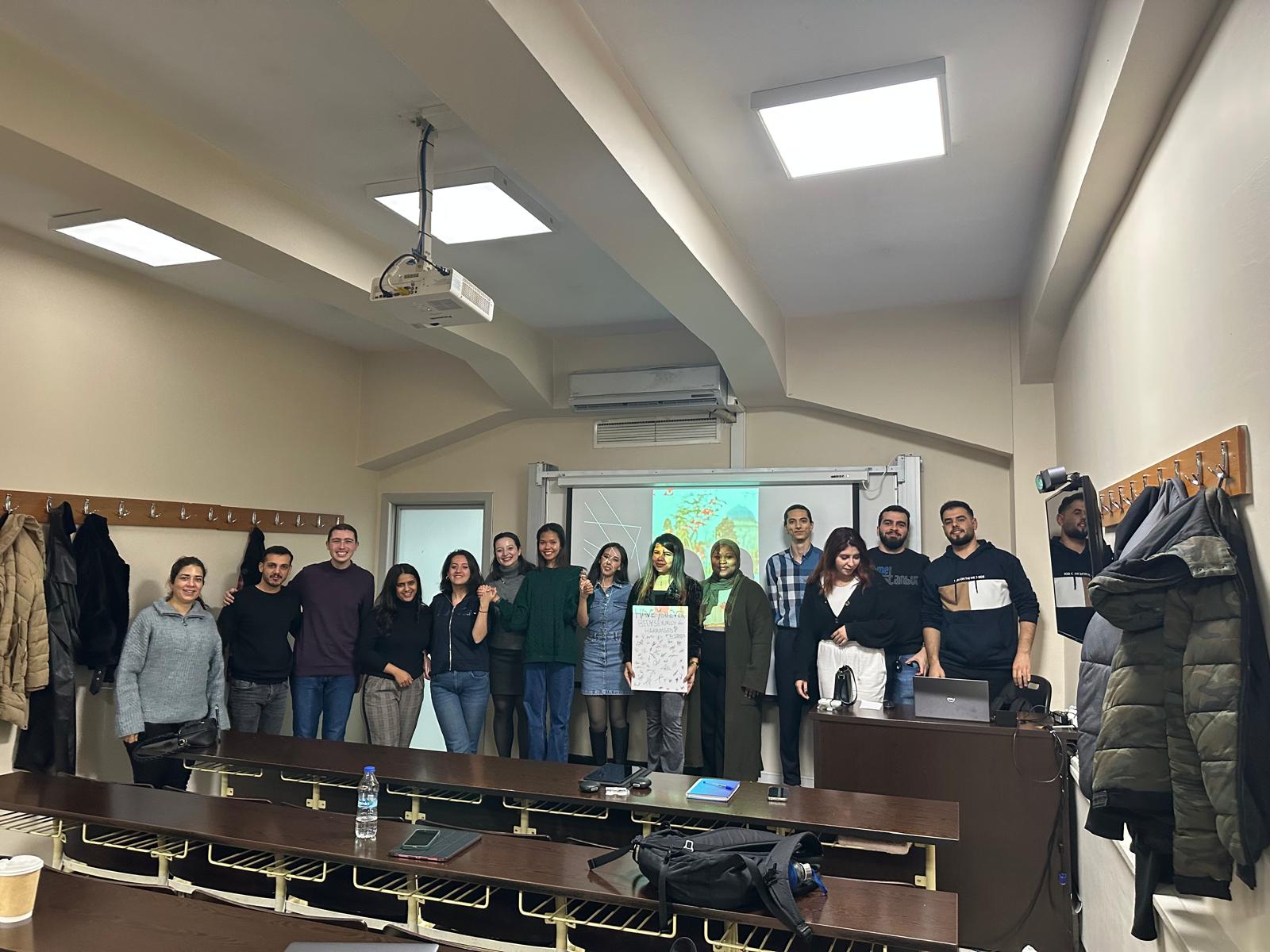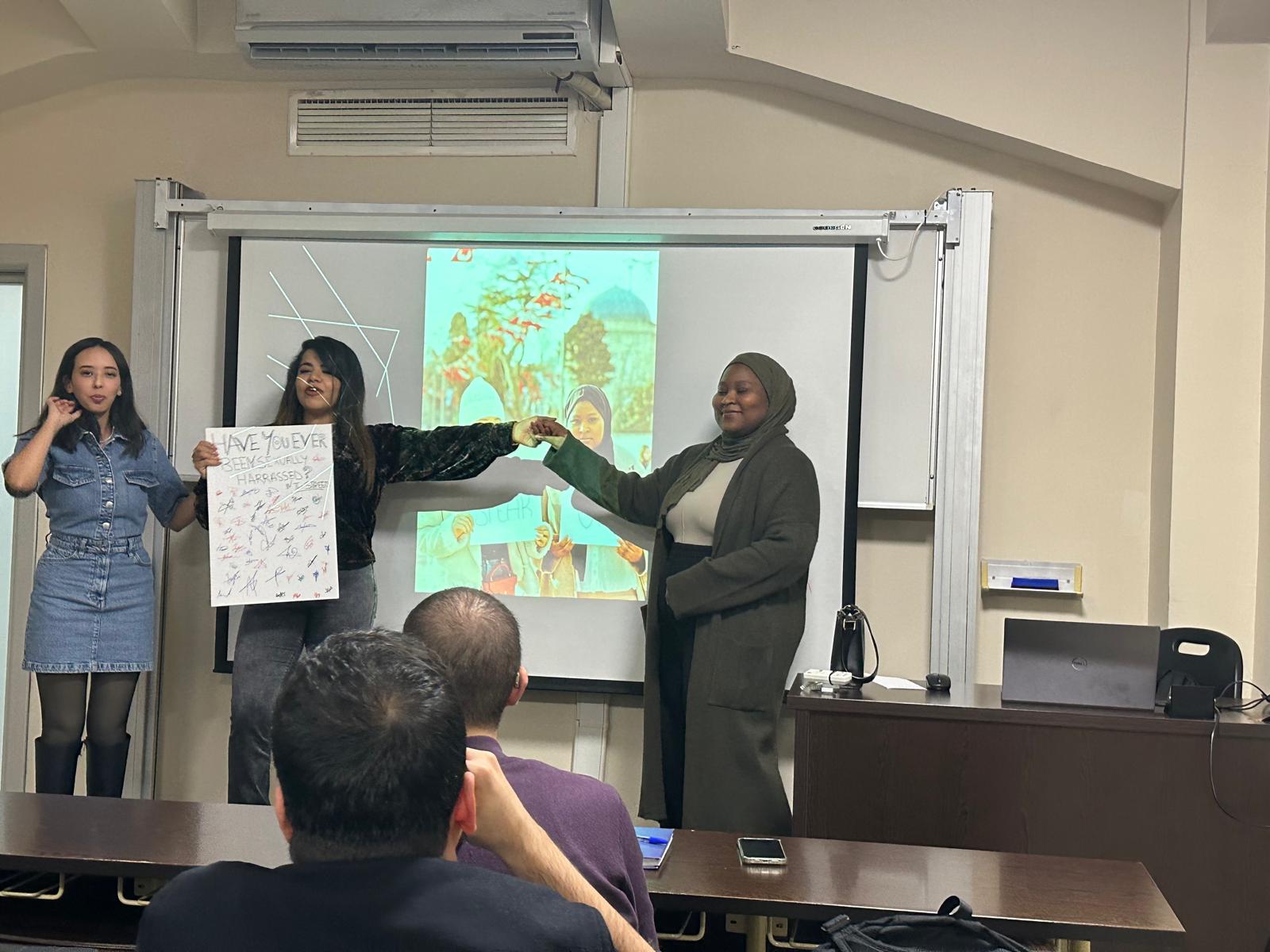Within the framework of FEJUST courses, we executed a participatory action research (PAR) initiative, utilizing it as a teaching, assessment, and research methodology. Students were evaluated based on their participation in art-based projects, contributing to 25% of their total grades. This PAR research encompassed two variants: "participatory video," which involved collaborative production of 3–5-minute videos, or the creation of 3-5 photographs by student groups, addressing gender inequality issues that they had identified as the most pertinent in their respective communities. The primary objectives of both of these PAR methods were to:
· Establish a secure, democratic, and deliberative platform for discussing gender-related matters.
· Enhance students' political competencies.
· Amplify the voices of students in regard to gender equality concerns and bring these concerns to the attention of the public through the presentation of their videography or photography.
· Equip students with the skills, values, and knowledge required to instigate change or initiatives conducive to a gender-equitable society.
Consequently, the research predominantly focused on extending students' capabilities, addressing structural inequalities leading to epistemic injustice. The intent was not solely to comprehend how PAR contributes to participation, deliberation, and the enhancement of youth capabilities but also to investigate PAR's role in epistemic functioning.
The objective behind these participatory videos and photovoice artefacts was to empower students as researchers, offering them the opportunity to reflect on their experiences and beliefs regarding gender equality as knowledge producers. This approach facilitated an epistemically inclusive process, contributing to the expansion of their capabilities and functionings, as well as the development of their political competencies.
For a deeper exploration of PAR, please refer to Cin, F. M., & Süleymanoğlu-Kürüm, R. (2020), where the use of participatory video as a means to cultivate political and feminist capabilities of women in Turkey is discussed in greater detail. This research can be found in "Participatory Research, Capabilities, and Epistemic Justice: A Transformative Agenda for Higher Education" (pp. 165-188).
Participatory Action Research (PAR): Gender and Development Messages of Our Students
A Youth-Led Knowledge Initiative by the Jean Monnet Chair on Feminist Epistemic Justice in the EU & Beyond (FEJUST)
Since 2022, FEJUST has reimagined the undergraduate teaching of gender and development by integrating Participatory Action Research (PAR) into the POL2332 – Gender in International Development module at Bahçeşehir University. The approach positions students as co-producers of feminist knowledge, bringing lived experiences to the centre of development debate.
Across three academic years (2022–2025), approximately 80 undergraduate students have been supported to research, document, and visualise gender inequalities through short films and photovoice projects. These projects form the basis of the cohort reports published here.
In parallel, FEJUST’s broader pedagogical contribution — including postgraduate modules such as GLA5115 – Gender and Development — has resulted in a total of more than 150 PAR artefacts created under the Jean Monnet Chair to date. This growing archive reflects a sustained commitment to youth-driven feminist knowledge production.
What Students Investigate
Across three cohorts, students have examined development challenges where gender inequality is felt most acutely:
These projects link everyday struggles to global frameworks such as the SDGs, CEDAW, EU Gender Equality Strategy, and the Istanbul Convention — exposing where international commitments fall short in daily life.
Why Undergraduate Voices Matter
This FEJUST initiative is built on the core principle of feminist epistemic justice: young people do not merely learn about inequality — they experience it, analyse it, and resist it. Their knowledge is evidence.
PAR enables students to:
Most projects are intentionally presented within safe circulation settings — classrooms or trusted micro-publics — challenging the assumption that public exposure is the only path to legitimacy.
A Youth Archive of Development Futures
Each year produces new themes, new insights, and new ways of seeing:
🟣 2022–2023 – Traditions, femicide, care, and education access
🟡 2023–2024 – Gendered cities, safety, democracy, and labour segregation
🔵 2024–2025 – Economic injustice, commodification, autonomy, and recognition
Together, these artefacts form a collective epistemic archive documenting how youth in Turkey understand gendered underdevelopment — and how they imagine feminist futures.


